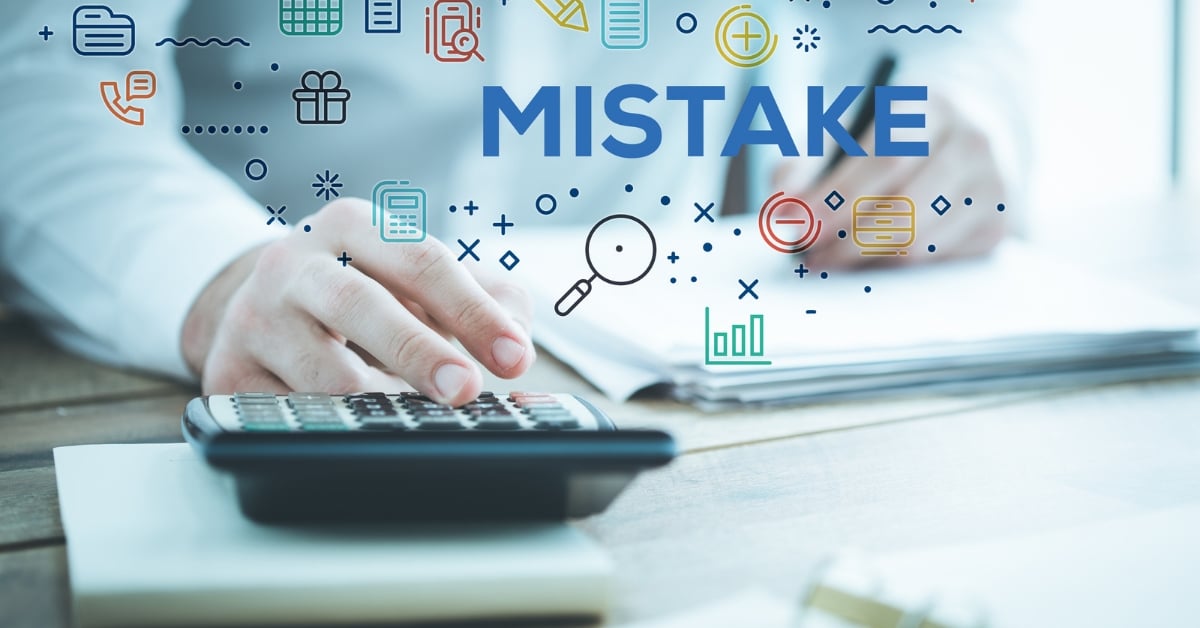Introduction
Tax season can be daunting for small business owners. Understanding the various tax deductions for small business owners can significantly reduce your tax liabilities and increase your savings. This article aims to highlight the commonly missed tax deductions that small business owners often overlook, providing you with a comprehensive guide to ensure you are maximizing your tax benefits. For a comprehensive overview of all our services, visit our homepage.
Section 1: Home Office Deduction
Subsection 1.1: Eligibility Criteria
The home office deduction allows business owners to deduct expenses related to the part of their home used exclusively for business purposes. To qualify:- The space must be used regularly and exclusively for business.
- It must be the principal place of business or a place where you meet clients.
Subsection 1.2: Calculating the Deduction
There are two methods to calculate the home office deduction:- Simplified Method: Deduct $5 per square foot of your home used for business, up to a maximum of 300 square feet.
- Regular Method: Calculate actual expenses like mortgage interest, insurance, utilities, repairs, and depreciation based on the percentage of your home used for business.
Subsection 1.3: Common Mistakes
Common mistakes include:- Failing to use the space exclusively for business.
- Overestimating the square footage used for business.
- Not maintaining proper records of expenses.
Section 2: Vehicle Expenses
Subsection 2.1: Deductible Expenses
Deductible vehicle expenses include:- Fuel
- Maintenance
- Repairs
- Insurance
- Depreciation
- Lease payments
Subsection 2.2: Mileage vs. Actual Expenses
You can choose between two methods:- Mileage Method: Deduct a standard rate per mile driven for business purposes (e.g., 56 cents per mile in 2021).
- Actual Expense Method: Deduct actual costs incurred for operating the vehicle.
Subsection 2.3: Record Keeping
Accurate records are crucial. Keep a detailed log of business miles driven, including the date, purpose, and odometer readings. Learn more about deducting vehicle expenses on our site.Section 3: Business Meals
Subsection 3.1: Deduction Criteria
To qualify for the business meals deduction:- The meal must be directly related to or associated with the active conduct of your business.
- You or your employee must be present.
- The expense must be ordinary and necessary.
Subsection 3.2: Limits and Restrictions
Typically, you can deduct 50% of the cost of business meals. Documentation should include:- Date and location of the meal
- Business purpose
- Names of attendees
Subsection 3.3: Entertainment Expenses
Entertainment expenses are no longer deductible. Ensure you distinguish between meals and entertainment to avoid disallowed deductions. For more details, visit our individual tax return preparation services.Section 4: Retirement Contributions
Subsection 4.1: Types of Retirement Plans
Common retirement plans for small business owners include:- SEP IRA
- Solo 401(k)
- SIMPLE IRA
Subsection 4.2: Contribution Limits
Contribution limits vary by plan. For example, in 2021:- SEP IRA: The lesser of 25% of compensation or $58,000.
- Solo 401(k): Up to $58,000, or $64,500 if age 50 or older.
Subsection 4.3: Tax Benefits
Contributions to retirement plans are deductible, reducing your taxable income and providing tax-deferred growth for your retirement savings. Explore our financial statement preparation services for more guidance.Section 5: Health Insurance Premiums
Subsection 5.1: Eligibility for Deduction
Self-employed individuals can deduct health insurance premiums paid for themselves, their spouse, and dependents.Subsection 5.2: Self-Employed Health Insurance Deduction
This deduction is available if you:- Have a net profit from your business.
- Are not eligible for employer-subsidized health insurance.
Subsection 5.3: Other Health-Related Expenses
Other deductible health-related expenses include medical and dental expenses exceeding 7.5% of your adjusted gross income (AGI). Visit our ITIN application services for more information.Section 6: Office Supplies and Equipment
Subsection 6.1: Deductible Supplies
Common deductible office supplies include:- Paper
- Ink and toner
- Pens and pencils
- Notebooks
Subsection 6.2: Equipment Depreciation
Office equipment, such as computers and printers, must be depreciated over their useful life unless you use Section 179.Subsection 6.3: Section 179 Deduction
Section 179 allows you to immediately expense the cost of qualifying equipment up to a certain limit ($1,050,000 in 2021). Learn more about deducting office supplies and equipment on our site.Section 7: Professional Services
Subsection 7.1: Types of Services
Deductible professional services include:- Legal fees
- Accounting fees
- Consulting fees
Subsection 7.2: Contract Labor vs. Employees
Contract labor is deductible as a business expense, while wages paid to employees are deductible and subject to payroll taxes.Subsection 7.3: Documentation
Keep detailed records of invoices and contracts for professional services to substantiate your deductions. Check out our business consulting services for more details.Section 8: Education and Training
Subsection 8.1: Deductible Educational Expenses
Deductible educational expenses include:- Workshops and seminars
- Continuing education courses
- Certification programs
Subsection 8.2: Continuing Education
Expenses for continuing education necessary to maintain or improve skills required in your current business are deductible.Subsection 8.3: Documentation Requirements
Keep receipts and course details to substantiate your educational expenses. Learn more about education and training deductions on our site.Section 9: Advertising and Marketing
Subsection 9.1: Types of Advertising Deductions
Deductible advertising expenses include:- Print ads
- Online ads
- Billboards
- Business cards
Subsection 9.2: Digital Marketing Expenses
Expenses for digital marketing, including social media ads and search engine marketing, are deductible.Subsection 9.3: Record Keeping
Maintain detailed records of advertising and marketing expenses, including invoices and contracts. For more details, visit our advertising and marketing services.Section 10: Travel Expenses
Subsection 10.1: Deductible Travel Costs
Deductible travel expenses include:- Airfare
- Lodging
- Meals
- Transportation
Subsection 10.2: Combining Business and Personal Travel
If combining business and personal travel, only the business portion of expenses is deductible. Keep detailed records to separate business from personal expenses.Subsection 10.3: Documentation and Receipts
Keep receipts and detailed records of travel expenses, including dates, locations, and business purposes. For more information, visit our travel expense deduction page.Conclusion
Maximizing your tax deductions can significantly reduce your tax liabilities and increase your savings. By understanding and claiming these common tax deductions, small business owners can optimize their tax returns. For personalized assistance, visit our services page, or contact us to consult with a tax professional.Call to Action
Ensure you are not missing out on any tax deductions. Review your expenses, consult with a tax professional, and maximize your tax savings today. For more tips and advice, explore our blog and check out related articles like The Ultimate Guide to Filing Your Taxes for the First Time in the U.S. and Optimize Your Business with US Federal and State Tax Return Services.FAQs
The home office deduction allows business owners to deduct expenses related to the part of their home used exclusively for business. You can claim it using the simplified method or the regular method.
The mileage method allows you to deduct a standard rate per mile driven for business, while the actual expense method lets you deduct actual costs incurred. Choose the method that provides the highest deduction.
Business meals must be directly related to or associated with the conduct of your business. Typically, you can deduct 50% of the cost. Documentation should include the date, location, purpose, and names of attendees.
Yes, self-employed individuals can deduct health insurance premiums paid for themselves, their spouse, and dependents, provided they have a net profit from their business and are not eligible for employer-subsidized health insurance.
Deductible travel expenses include airfare, lodging, meals, and transportation costs related to business travel. Keep detailed records and receipts to substantiate your deductions.






